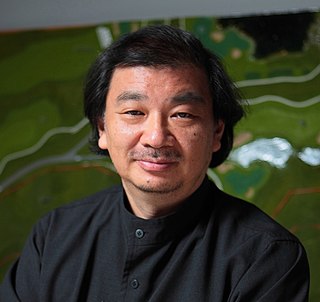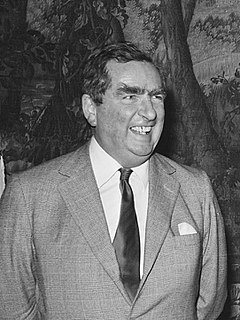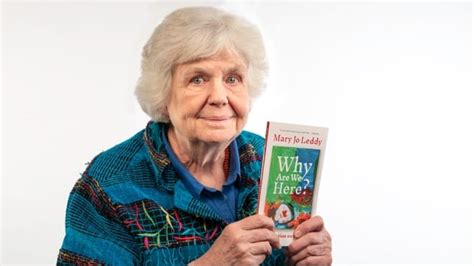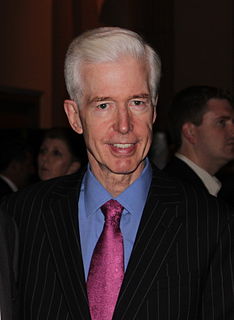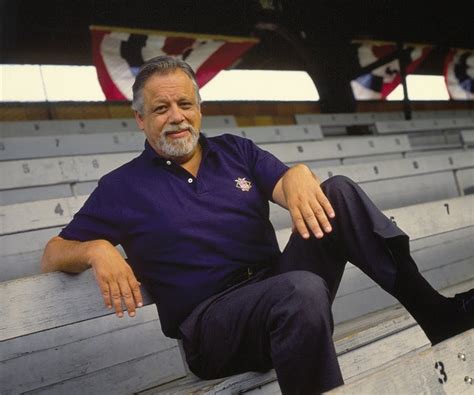A Quote by Bertrand Russell
So in everything: power lies with those who control finance, not with those who know the matter upon which the money is to be spent. Thus, the holders of power are, in general, ignorant and malevolent, and the less they exercise their power the better.
Related Quotes
Whether it comes from a despotic sovereign or an elected president, from a murderous general or a beloved leader, I see power as an inhuman and hateful phenomen. To the same degree that I do not understand power, I do understand those who oppose power, who criticize power, who contest power, especially those who rebel against power imposed by brutality.
The Jesuits are a MILITARY organization, not a religious order. Their chief is a general of an army, not the mere father abbot of a monastery. And the aim of this organization is power - power in its most despotic exercise - absolute power, universal power, power to control the world by the volition of a single man. Jesuitism is the most absolute of despotisms - and at the same time the greatest and most enormous of abuses.
Architects mostly work for privileged people, people who have money and power. Power and money are invisible, so people hire us to visualize their power and money by making monumental architecture. I love to make monuments, too, but I thought perhaps we can use our experience and knowledge more for the general public, even for those who have lost their houses in natural disasters.
[G]overnment can, instead of extending freedom, restrict freedom. And note ... that the 'can' quickly becomes 'will' the moment the holders of government power are left to their own devices. This is because of the corrupting influence of power, the natural tendency of men who possess some power to take unto themselves more power. The tendency leads eventually to the acquisition of all power - whether in the hands of one or many makes little difference to the freedom of those left on the outside.
What is true is that the idea of power corrupts. Power corrupts most rapidly those who believe in it, and it is they who will want it most. Obviously, our democratic system tends to give power to those who hunger for it and gives every opportunity to those who don't want power to avoid getting it. Not a very satisfactory arrangement if power corrupts those who believe in it and want it.
It is a sobering fact that the prominence of central banks in this century has coincided with a general tendency towards more inflation, not less. [I]f the overriding objective is price stability, we did better with the nineteenth-century gold standard and passive central banks, with currency boards, or even with 'free banking.' The truly unique power of a central bank, after all, is the power to create money, and ultimately the power to create is the power to destroy.
Socialism to me is establishing social control of power in society, and where that differs from liberalism for example which aims at a similar situation in some respects, is we think you can only establish control over power by changing the structure and distribution of power, notably economic power.
The President can exercise no power which cannot be fairly and reasonably traced to some specific grant of power in the Federal Constitution or in an act of Congress passed in pursuance thereof. There is no undefined residuum of power which he can exercise because it seems to him to be in the public interest.
It is unfortunately none too well understood that, just as the State has no money of its own, so it has no power of its own. All the power it has is what society gives it, plus what it confiscates from time to time on one pretext or another, there is no other source from which State power can be drawn. Therefore every assumption of State power, whether by gift or seizure leaves society with so much less power; there is never, nor can be, any strengthening of State power without a corresponding and roughly equivalent depletion of social power.
We Indians do not teach that there is only one god. We know that everything has power, including the most inanimate, inconsequential things. Stones have power. A blade of grass has power. Trees and clouds and all our relatives in the insect and animal world have power. We believe we must respect that power by acknowledging it's presence. By honoring the power of the spirits in that way, it becomes our power as well. It protects us.
Far better to think historically, to remember the lessons of the past. Thus, far better to conceive of power as consisting in part of the knowledge of when not to use all the power you have. Far better to be one who knows that if you reserve the power not to use all your power, you will lead others far more successfully and well.




